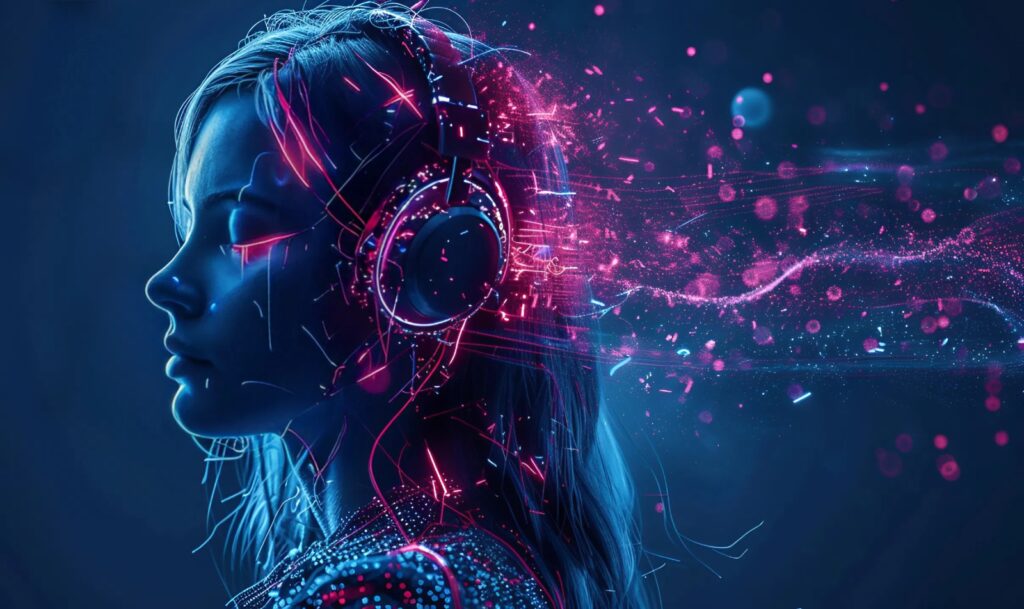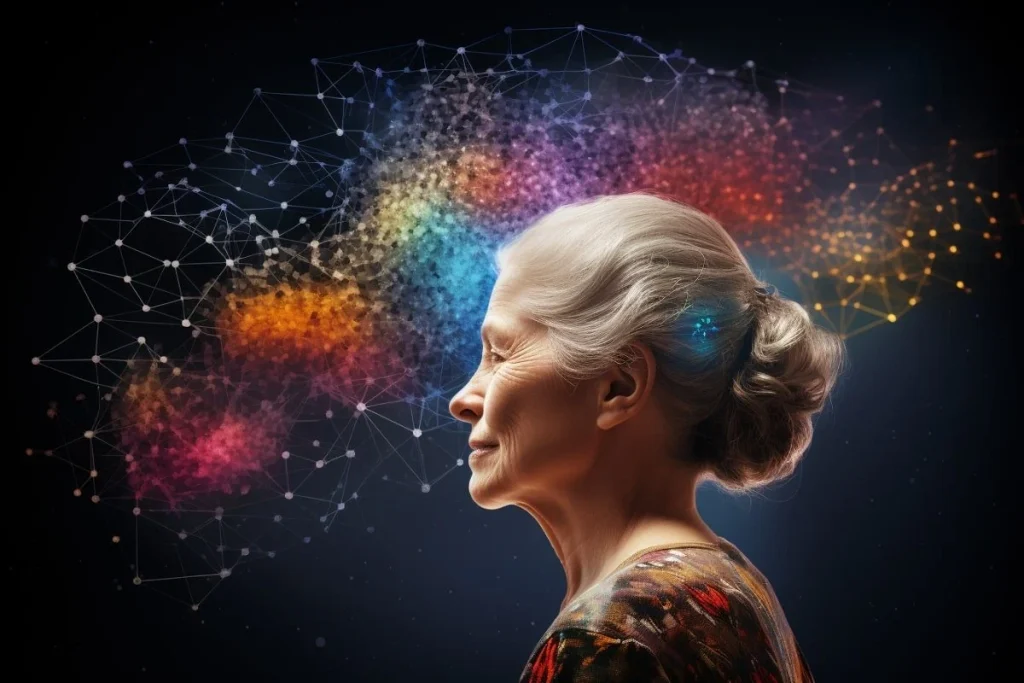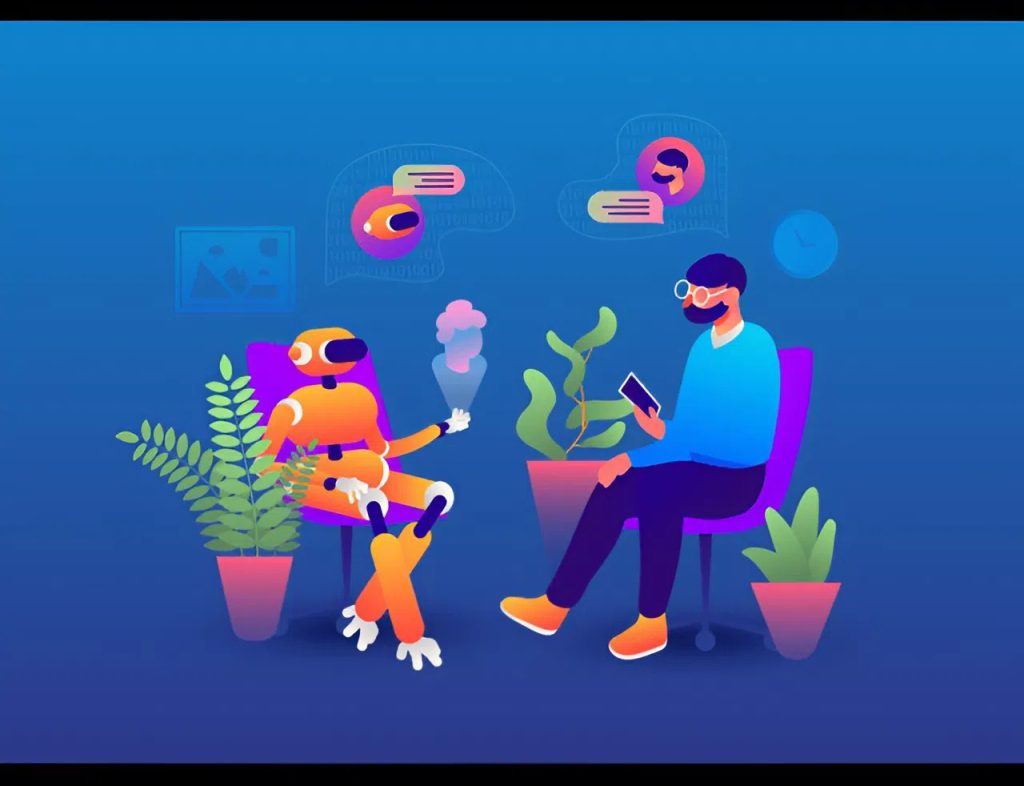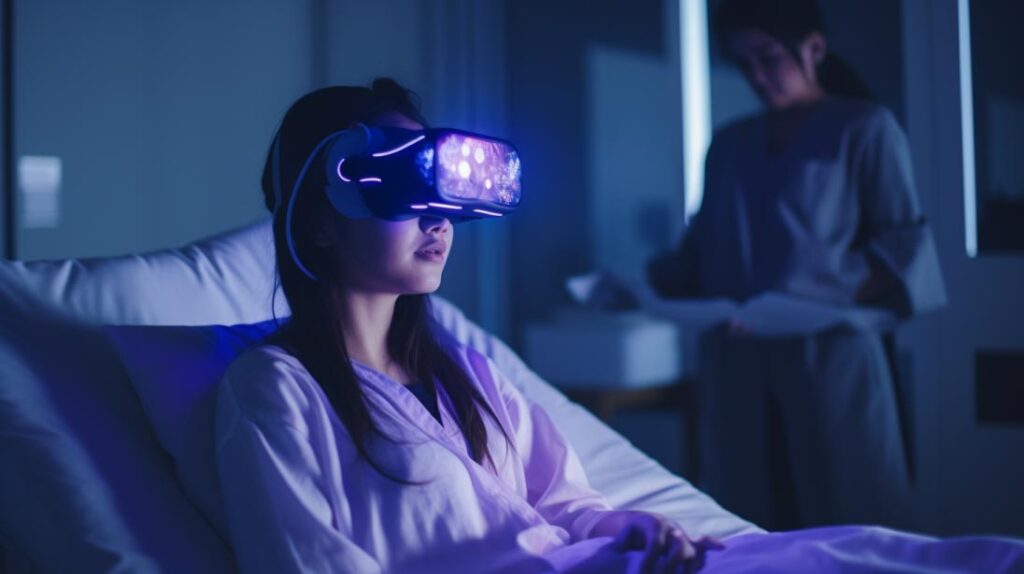Breakthrough AI Algorithm Predicts Mental Health Crises a Week in Advance.

AI News: Breakthrough AI Algorithm Predicts Mental Health Crises a Week in Advance
The integration of AI in healthcare has seen groundbreaking progress, offering innovative solutions and dramatically improving patient outcomes. Now, a revolutionary AI algorithm is making waves by predicting mental health crises up to a week in advance. Let’s explore how this AI development is set to change the landscape of mental health care.
———-
Understanding the Mental Health Crisis
Mental health issues have been a growing concern worldwide, with an increasing number of people impacted by conditions such as anxiety, depression, and bipolar disorders. According to the World Health Organization, one in four people will be affected by a mental health disorder at some stage in their lives. Despite these staggering statistics, timely intervention and appropriate care remain elusive for many, making recurrent crises and hospitalizations common.
The unpredictability of mental health crises often leaves healthcare providers with minimal time to prepare and respond effectively. But what if these crises could be anticipated in advance? This is where the breakthrough AI algorithm could make a significant difference.
———-
How the Breakthrough AI Algorithm Works
The newly developed AI algorithm uses a combination of machine learning and data analytics to predict potential mental health crises several days before they occur. By analyzing a vast range of data points – including patient history, behavioral patterns, physiological data, and even social media activity – the algorithm identifies early warning signs of an impending crisis.
Developed by a team of leading researchers in AI and psychiatry, this tool leverages natural language processing (NLP) and pattern recognition to decode complex datasets swiftly. It continuously learns and adapts, utilizing real-time data to ensure its predictions are as accurate as possible.
———-
Real-World Applications and Benefits
In practice, the AI algorithm offers several substantial benefits to both patients and healthcare providers:
1. **Early Intervention**: By anticipating mental health crises, healthcare professionals can initiate early interventions, minimizing the severity of the crisis and potentially avoiding emergency room visits or hospitalizations altogether.
2. **Personalized Care**: The AI’s ability to track individual patient behaviors and responses means care plans can be more effectively tailored to meet specific needs, improving both adherence and outcomes.
3. **Resource Optimization**: Hospitals and clinics can allocate their resources more effectively, ensuring that at-risk patients receive the necessary attention and support when they most need it, thereby optimizing their limited resources.
4. **Enhanced Patient Monitoring**: Continuous monitoring facilitated by the AI allows for ongoing assessment of patient health, making it easier to track progress and adjust treatments in real time.
———-
Ethical Concerns and Data Privacy
While the positives of this AI advancement are numerous, ethical considerations, especially concerning data privacy, cannot be overlooked. The algorithm’s effectiveness relies heavily on accessing sensitive data, necessitating robust mechanisms to protect patient confidentiality.
In response to these concerns, developers have implemented stringent privacy protocols. These include anonymizing datasets, requiring explicit patient consent for data use, and deploying advanced encryption technologies to safeguard information. Moreover, clear guidelines and regulations must be established to oversee AI applications within mental health care, ensuring that they do not infringe on personal freedoms or inadvertently stigmatize mental health conditions.
———-
Examples of Successful Implementation
Several pilot projects around the world are already showcasing the potential of predictive AI in mental health care:
– In a recent study conducted at a leading mental health facility in the UK, the AI algorithm successfully predicted anxiety and depressive episodes with a 76% accuracy rate over a three-month period. This allowed for preemptive care measures that reduced emergency interventions by 32%.
– A university hospital in the United States rolled out the algorithm to monitor students at risk of depression, resulting in early counseling sessions that improved student well-being and academic performance.
These success stories underline the transformative potential of AI in proactively addressing mental health concerns and improving patient quality of life.
———-
Conclusion
The advent of a breakthrough AI algorithm capable of predicting mental health crises marks a pivotal moment in mental health care. By providing insights well in advance of a potential crisis, this technology promises to reduce the burden on healthcare systems and improve patient outcomes significantly.
However, the journey towards fully integrating AI in healthcare is fraught with challenges, particularly around data privacy and ethical standards. As AI continues to evolve and become more sophisticated, collaborative efforts between technologists, healthcare professionals, and policymakers will be essential to realize its full potential while safeguarding patient rights and dignity.
In this digital era, where the lines between technology and healthcare continue to blur, the possibilities are beyond promising – they are essential. As this AI technology becomes more widely adopted, it could well redefine how mental health issues are managed and treated globally.






